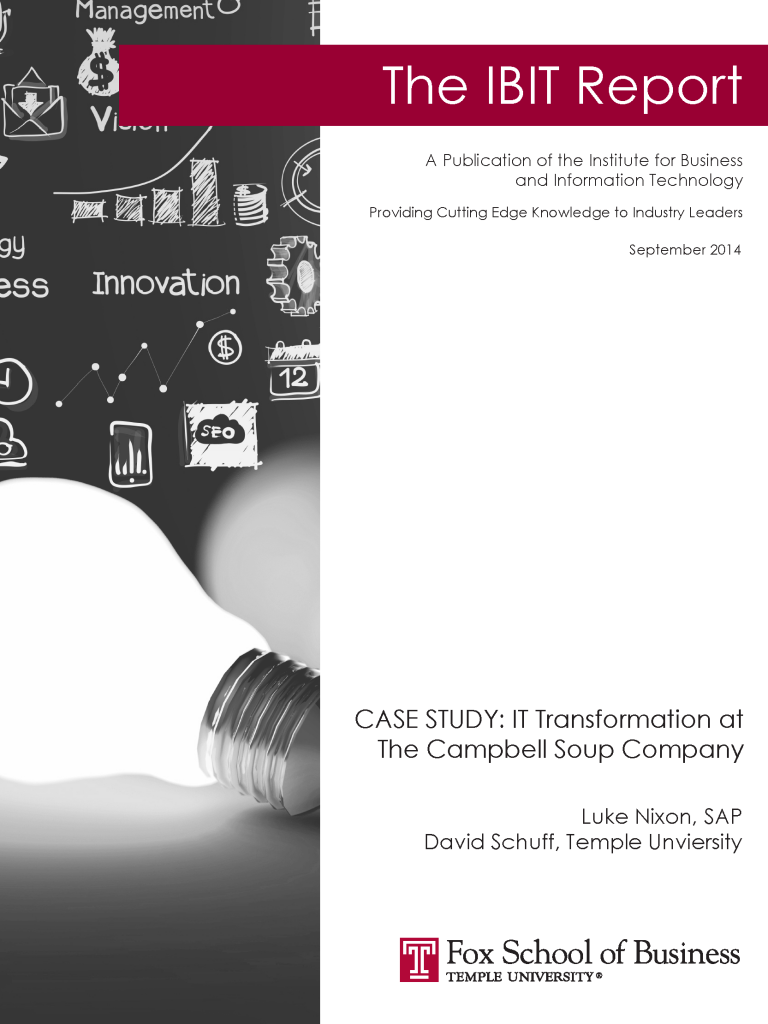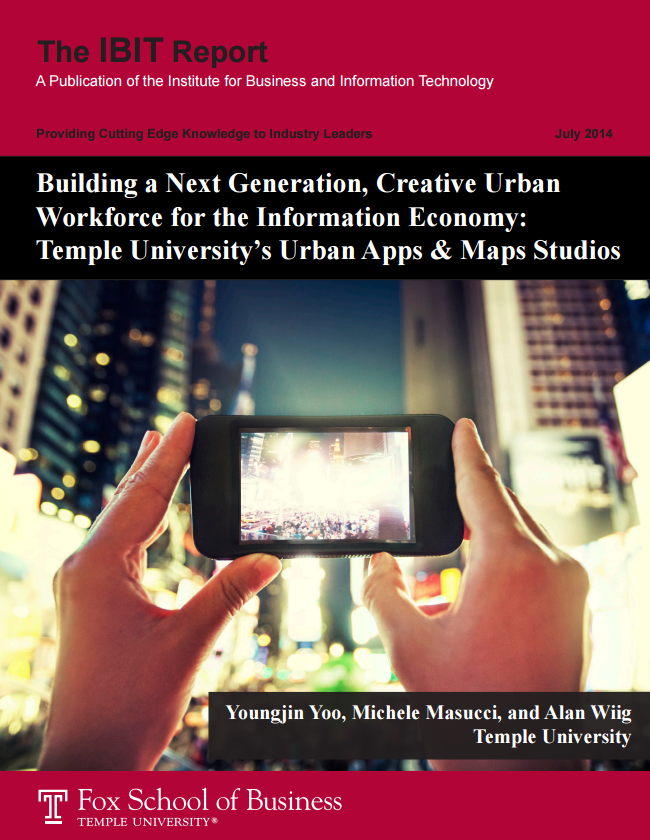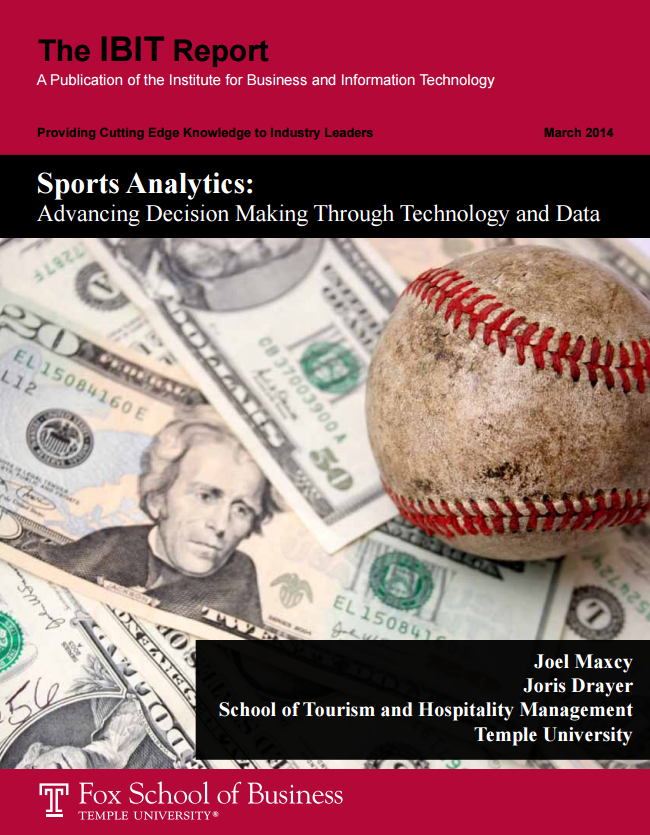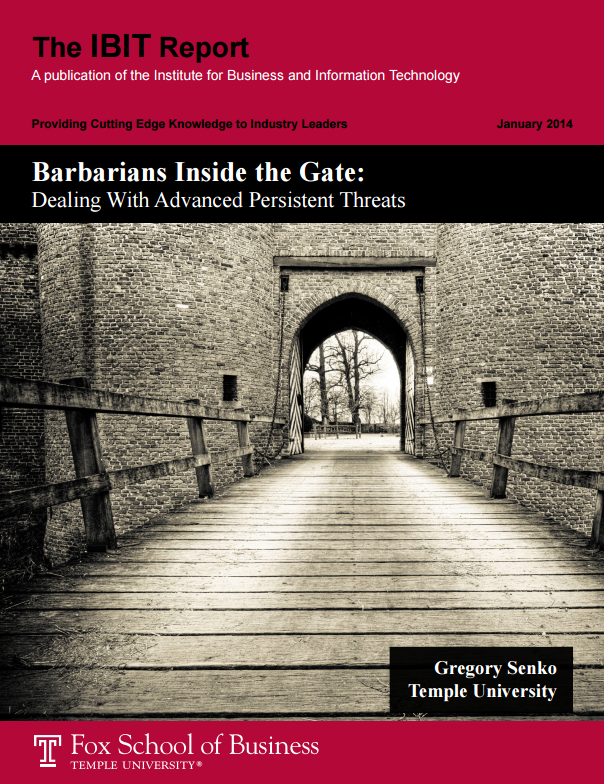 Luke Nixon and David Schuff
Luke Nixon and David Schuff
Temple University
November 2014
This report describes the case of Campbell Soup Company’s (CSC) IT-driven organizational transformation at a key inflection point – the successful transition to a new service management operating model. Like similar transformations at other well-established organizations, this effort required an ambitious reinvention of its operating model. There were various drivers for the change, including lower cost and higher service quality, but a key result was the Information Technology function’s emergence as a critical strategic partner for the business. This is reflected in IT’s emerging role as a demand-shaping, instead of an order-taking, operation. This report reflects on the success of the initiative, as well as identifies areas for further gains with key lessons for other IT organizations facing similar internal and external pressures.
The report reveals a fundamental tension between the drive for ingenuity and competing demands.
© 2014 The IBIT Report, Institute for Business and Information Technology, Fox School of Business, Temple University, Philadelphia, PA 19122, USA. All rights reserved. ISSN 1938-1271.






